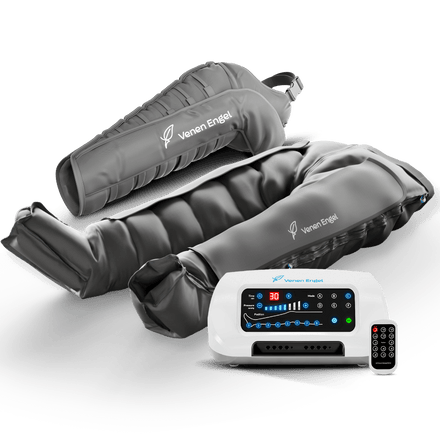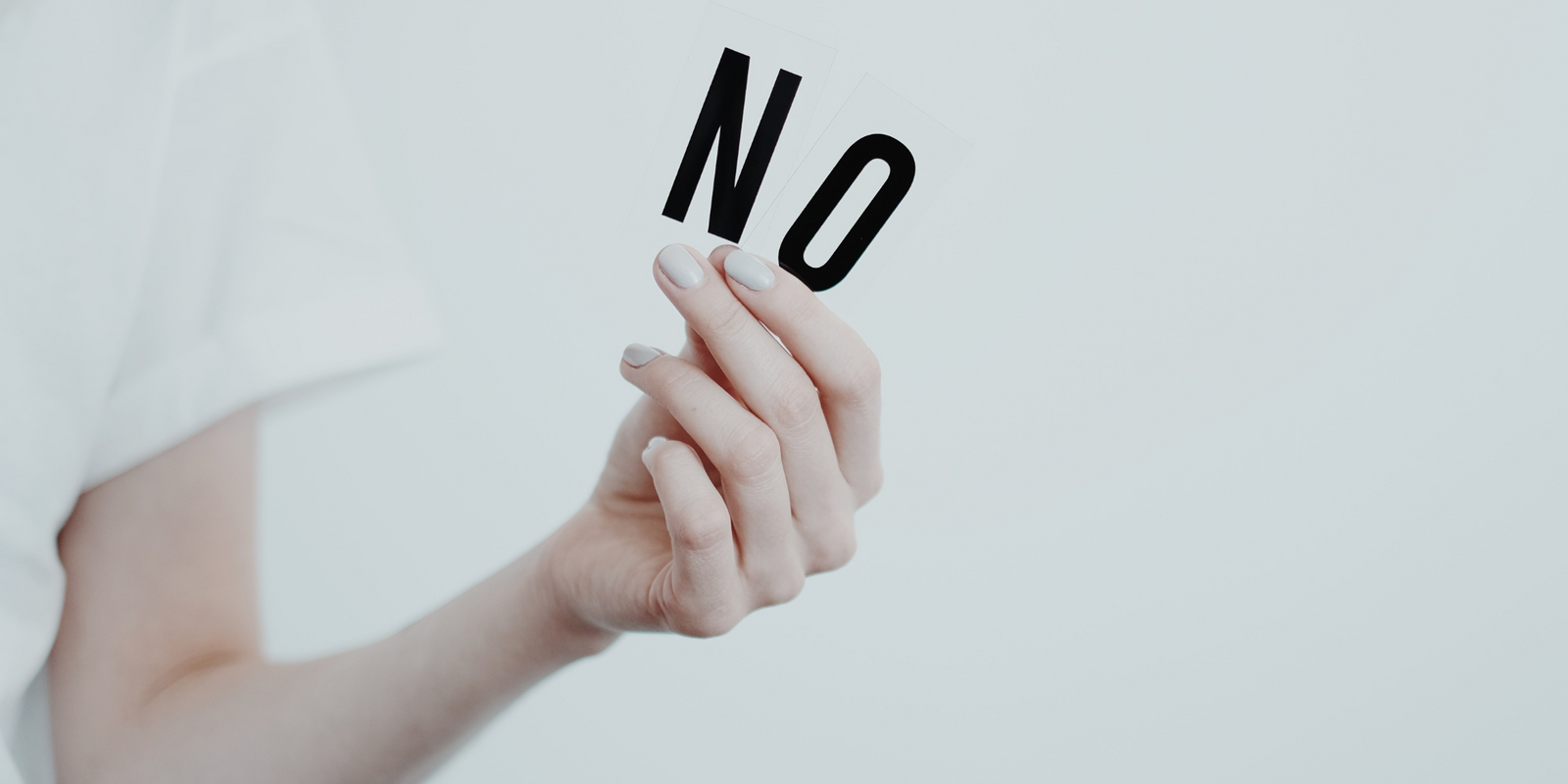Imagine waking up with swollen legs, arms, and a heavy buttocks. You eat a balanced diet and exercise regularly, yet your weight constantly fluctuates. The reason for this could be water retention. This problem of water retention can have various causes. However, one of the most common reasons is an improper diet. In this article, we want to introduce you to the foods that can contribute to water retention and should therefore be limited as much as possible.
What are water retention issues?
While cellulite develops from an inflammation of the subcutaneous tissue, water retention consists of the accumulation of fluids in the extracellular (outside the cell) or interstitial (within the cell) spaces. Among the fluids that are not disposed of due to a change in the lymphatic and venous systems are numerous toxins that impair the already oxygen-deprived cellular metabolism and worsen its condition.
The result of this process is an edema, i.e., a swelling under the skin caused by fluid accumulation, which mainly occurs in the areas of the body most prone to fat accumulation: abdomen, hips, buttocks, and legs. Consequently, there is a tendency to consider water retention as one of the causes of overweight, although it should actually be emphasized that this disorder does not cause significant weight gain.
On the contrary, being overweight is a condition that can promote the occurrence of water retention. It is a pathological condition that usually does not involve painful symptoms, but manifests as a feeling of heaviness and swelling in the affected areas.
In fact, it is not uncommon for many women who suffer from water retention to notice the problem when they have difficulty wearing tight-fitting clothing, or when shoes and straps leave noticeable marks on the skin due to the pressure on the swelling.
In these cases, it is possible to determine the presence of water retention through a urinalysis to identify the values of the mineral salts contained therein or through a manual test.
Simply apply pressure with a finger for a few seconds on a body part affected by the condition and observe if the imprint left after releasing is well-defined. In this case, there is almost certainly fluid retention.
Signs of water retention
How can you recognize water retention in the body? Water retention is typically first noticed due to the swelling of the extremities. An indication of water retention is also the difficulty in losing weight despite dieting efforts. However, the physical signs are more apparent. Physical signs of water retention include swollen ankles and unexplained weight gain over a short period. Additionally, rings may no longer fit, and the abdomen may feel bloated.
One way to find out if your body is retaining water is to gently press the foot, ankle, or calf with slow, even pressure using your thumb. If there is edema, a depression appears on the skin. A professional evaluation to determine the cause of the leg swelling is still necessary.
It is possible to retain up to 3 kilograms of water weight, most of which is stored in the fluid surrounding the cells throughout the body. Overweight people tend to retain more water because they consume more calories and consequently tend to consume higher amounts of sodium, which significantly contributes to water retention.
Certain types of edema can lead to moderate discomfort in the area where excessive fluid accumulations form. Carpal tunnel syndrome, morning stiffness, and headaches can accompany the swelling. Water retention can also be mistaken for premenstrual syndrome or worsen an existing premenstrual syndrome.
Causes of Water Retention
Water retention occurs due to an imbalance between the venous and lymphatic systems or due to poor circulation.
If these conditions are not caused by other more serious problems such as kidney dysfunction, chronic inflammation, and high blood pressure or hormonal disorders, the cause lies in diet and lifestyle.
Unhealthy eating habits, diets based on high-calorie, sugary, or overly salty foods are factors that significantly influence the higher sodium concentration in the body, leading to the body retaining more fluid.
In addition to diet, the lifestyle you lead is also crucial for the occurrence of the problem. Some bad
Habits like smoking or drug abuse can impair proper cell function.
Similarly, wearing clothing that is too tight or heels that are too high, standing still for long periods, and not engaging in regular physical activity
Factors contributing to the deterioration of poor microcirculation.
Finally, overweight due to poor diet and stress must also be considered, which stimulates the production of cortisol.

How can diet contribute to water retention?
Our diet plays a major role in the development of water retention and can cause or exacerbate it.
Consuming a lot of salt or salty foods promotes water retention. Just 8 grams of salt can bind about one liter of water in the body. Excess carbohydrates can also lead to water retention. They are stored as glycogen in muscle and liver cells.
About 150 grams in the liver and up to 600 grams (depending on training level) in the muscles can be stored by our body. Since 1 gram of glycogen binds about 3 grams of water, the scale can quickly show 1.5 kilos more.
If the water retention does not disappear over a longer period, we strongly recommend that you see a doctor. Because even though most water retention can be explained by diet, a kidney disease could also be the cause.
These foods you should avoid with water retention
What should we avoid with water retention? Which foods in our diet should be consumed in moderation or completely eliminated? We know that some foods hinder or slow down the elimination of toxins and excess fluids, thus promoting accumulation and consequently water retention. Which ones are they?

Too much salt:
Salt is rich in sodium and can prove to be one of the main causes of water retention. Therefore, it is important to minimize its amounts when preparing our dishes.
Cured meat and sausages:
They may be good and inviting, but they contain a lot of fat and salt, which can be really harmful in the case of fluid accumulation and retention.


Foods rich in saturated fats:
To avoid the "orange peel effect," it is better to refrain from red meat and derivatives, aged cheese, butter, and particularly elaborate sauces.
Coffee:
Coffee slows the flow of
Body fluids, it is better to take them in small amounts.


Refined flours:
If you suffer from water retention, we advise you to reduce the consumption of white flour and replace it with whole grain flours and unrefined grains.
Alcohol:
Alcohol can promote bloating and hinder the elimination of toxins and excess fluids, especially spirits.


Sugar and
sugary drinks:
Like salt, sugar causes bloating and in large amounts, it can also lead to weight gain. So it's perfect for the occurrence of water retention.
Fruit combined with vegetables and grains:
Fruit should not be eaten together with vegetables and grains. When consuming fruit, we should wait for a 2-hour break before having our meals.
Eating a fruit after a meal is not recommended even in traditional Indian medicine like Ayurveda. Fruits are digested faster than vegetables and grains, and if we don't pay attention and combine them all, it leads to bloating and
Swelling in the body.

How can you reduce water retention?
One way to reduce water retention is to increase potassium intake by consuming healthy foods such as vegetables and fruits. These foods contain nutrients that prevent blood vessels from leaking fluid into tissue spaces. It is recommended to eat potassium-rich foods rather than taking potassium supplements.
In addition to potassium, taking Vitamin B6 or pyridoxine can also help.
Skipping junk food and reducing pizza, canned soups, and cereals or other foods that contain plenty of chemical additives, salt, and sugar are also necessary compromises. It is important to reduce the consumption of sodium-rich foods because too much sodium in the blood can affect the tissue, causing it to retain water.
Some doctors also recommend drinking unsweetened herbal teas, as tea helps reduce water retention. Finally, wearing compression stockings can also be effective, as they exert high pressure on the ankles.
Here are some tips to reduce water retention:
Limit your sodium intake
Avoid highly processed foods and refined carbohydrates
Drink 8-12 glasses of liquid (water or unsweetened tea)
Eat more citrus fruits and leafy greens
Avoid processed meat and sausages
Include fiber-rich foods in your diet
Eat small meals at regular intervals
Regular exercise is also necessary. Activities like cycling and walking can also help pump out all the water or other fluids in the ankles and legs.
Physical exercise actually helps in the expansion of blood vessels. Even people on long-haul flights, in hospital beds, and in wheelchairs can experience water retention because regular physical movement is lacking, and thus excess fluid is not removed from the tissue spaces.
People with desk jobs should take breaks to walk around the office and regularly stand up or perform certain exercises.








